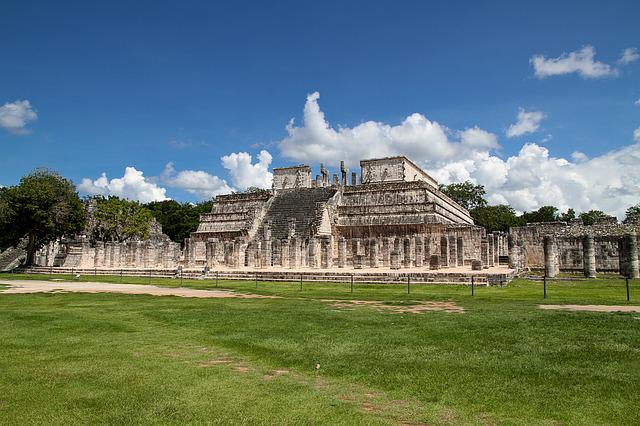
Chichén Itzá was a city state of the Mayan civilization.
Before entering fully into the definition of the term city state , we are going to know the etymological origin of the two words that give it shape:
-City is a word that derives from Latin, exactly from “civitas”, which is composed from the sum of two clearly differentiated parts: the noun “civis”, which means “citizen”, and the suffix “-tat”, which It is used to indicate “quality.”
-State, on the other hand, also has its origin in Latin. In its most specific case it derives from “status”, which emanates from the verb “stare” and which is synonymous with “being stopped”.
The concept of city state is used to name a State made up of a single city . These are territories with a very small surface area compared to traditional States.
Origin of the city state
The origin of city states (or city-states ) dates back several centuries before Christ . These entities emerged in Sumeria around the Euphrates and Tigris rivers, when the inhabitants began to develop various activities taking advantage of these rivers and to organize themselves.
These city states were independent, like many that emerged in medieval times for commercial reasons. Currently we can find independent city states and others that are integrated into a country organized as a federation.
Among the first city states we can name Sparta (in Ancient Greece ), Tikal (city state of the Mayan civilization) and Chichén Itzá (also linked to the Mayan people). In the Middle Ages , city states such as Florence , Amalfi and Bruges developed in Europe .

Singapore is an independent city state located on the Asian continent.
Other examples
In this list of city states we cannot overlook others like the following:
-Andorra. That it has a feudal origin and that precisely from that past it has maintained its essence as a city state. Its official language is Catalan and it has been independent since 1278. It is located between France and Spain.
-San Marino. It has a population of about 30,000 inhabitants, it is a parliamentary republic. Likewise, it must be established that it has the particularity of being the oldest Sovereign State in the entire world. It is close to Italy.
Today, Berlin ( Federal Republic of Germany ), Moscow ( Russian Federation ) and Basel ( Swiss Confederation ), among other locations, are considered city states integrated into a federation. There are also autonomous city states that are part of a nation : Ceuta ( Spain ), Gibraltar ( United Kingdom ), Macau ( China ), etc.
Independent city states
On the other hand, several independent city states remain. Monaco and Vatican City on the European continent and Singapore in Asia are examples of these entities. As you can see, the difference between city state and country can be subtle and even non-existent since they are, after all, States.
Vatican City , which is one of the European city states, has the distinction of also being considered the smallest country in the world. Its origin as an independent state dates back to 1929 and it is known for housing the Holy See, which we can establish is the highest institution that exists within the Catholic Church.
